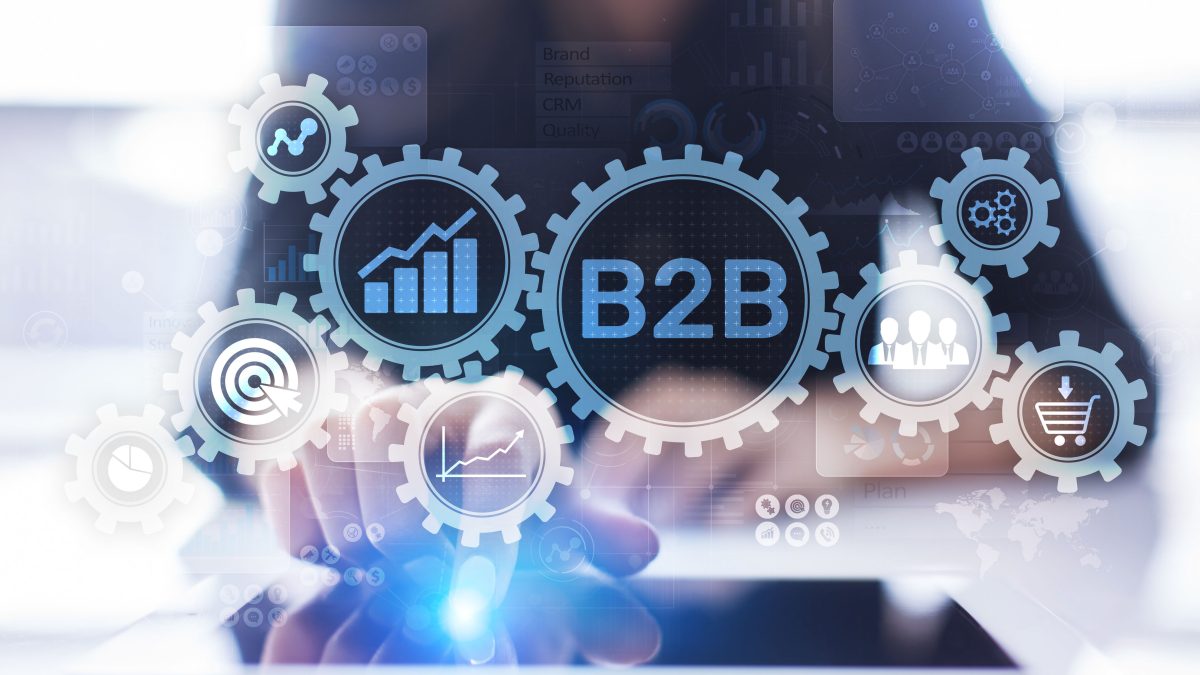
3 Trade Show Alternatives to Market Your Business
July 20, 2021
Discover Ways to Enhance Enterprise Lead Generation
September 18, 2023Four Reasons Implementing B2B Omnichannel Marketing is Important
The pandemic accelerated omnichannel marketing as an effective strategy with increasing popularity for business-to-business (B2B) companies. However, even as we return to in-person activities, customers made it clear they prefer options when interacting with brands — from in-person and remote to a combination of both. Business leaders also find omnichannel marketing to be a successful strategy. Eight in 10 B2B leaders say that omnichannel marketing is equally or more effective than traditional methods, increasing from 54 percent before the pandemic to 83 percent in February 2021. So it’s safe to say that omnichannel marketing is here to stay.
What is B2B Omnichannel Marketing?
Omnichannel marketing has turned into a buzzword, but for a good reason. Simply put, it is a marketing method where businesses promote their products and services across all channels, devices, and platforms with consistent messaging, visuals, and collateral. B2B omnichannel marketing aims to reach customers where they are at with relevant, unified content. Read on to discover four reasons to implement B2B omnichannel marketing to improve customers’ experience and keep your business competitive.
1. Deliver an Easier Buying Experience
The B2B buying experience is often complicated and can involve many factors and decision-makers. For example, 77 percent of B2B buyers found their latest purchase very complex or difficult. Customers want an easier and faster buying experience. B2B omnichannel marketing is a natural solution. It can help customers quickly and conveniently find the best values and products by providing consistent messaging across all channels.
Another way to offer a more effortless buying experience with omnichannel is by incorporating personalization. 84 percent of business buyers are more likely to buy from a company that demonstrates an understanding of their business goals. With B2B omnichannel marketing, your business can elevate its tactics by leveraging customer data to enhance the experience and make every interaction personalized, providing a frictionless buying experience.
2. Meet Customers Needs
Accustomed to the omnichannel experiences offered by B2C companies in their personal lives, B2B customers expect to see the same digital and customized solutions in their professional lives. 74 percent of customers have used multiple channels to start and complete a transaction. B2B customers today are regular, everyday consumers off the clock and have high expectations of a B2C-like buying experience that still meets their more complex B2B needs.
B2B customers want to interact with your brand through your website, social media, email, and human interactions. For example, many B2B marketers use traditional strategies, like employing a team of sales reps to build critical relationships. Combining traditional methods with digital interactions like emails to complement sales information helps prospects better understand your business without losing a personal touch. B2B omnichannel marketing offers a unique way to meet B2B customer needs while still offering the traditional strategies customers expect.
3. Increase Customer Loyalty
Customers want to research a product online before buying, quickly talk to a customer service representative if there is a problem, and get the information they need with no delays, with consistent messaging and service along the way. As a result, businesses that adopt omnichannel strategies achieve 91 percent greater year-over-year customer retention rates than businesses that don’t. B2B omnichannel marketing increases loyalty by offering a customer-centric approach and meeting these demands to create return customers.
In addition, one out of three buyers will research product options on multiple channels or web destinations before completing a spec or purchase. Because customers have access to so many brands, it’s crucial to ensure your business is identifiable to increase loyalty and keep customers coming back. By delivering consistent messaging across channels, your business can easily be identified and recognized by customers, so they are motivated to continue to buy from you and, even better, recommend your brand.
4. Stay Ahead of the Competition
The pandemic forced businesses to increase their digital presence as restrictions and shutdowns eliminated the option for in-person experiences. So now, if your business is not utilizing omnichannel marketing, it risks falling behind. For example, the average number of touchpoints a customer uses per purchase went from only two touchpoints; to six. So, businesses must now focus on becoming customer-oriented by incorporating personalization and providing streamlined processes to access information and procure products and services.
Having so much competition means your business must find efficient and effective ways to stand out and connect with your consumers. B2B buyers have many options in this age of intensified competition and aren’t afraid to change suppliers because of superior omnichannel experiences. Companies that invest in supporting current customers and winning new ones stand to gain incremental market share.
Conclusion
With a shift in customer preferences due to the pandemic and increased competition, B2B omnichannel marketing can help boost your business. If you are interested in learning how our team can help your business implement B2B omnichannel marketing, contact us today!



